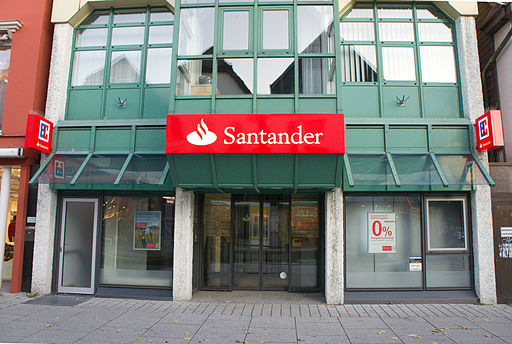BNY Mellon Investment Boutique Sees Ways to Develop More Environmentally-Friendly Portfolios
| By Fórmate a Fondo | 0 Comentarios
Investors can help reduce their exposure to heavy emitters of greenhouse gasses and fulfil their fiduciary objectives by adapting a green beta investment approach, according to a white paper from Mellon Capital Management.
“Generating a return on capital that meets a benchmark set by institutional investors, while reducing the carbon intensity in a portfolio requires a more nuanced approach than simply eliminating or underweighting business sectors that are heavy carbon emitters,” said Karen Q. Wong, managing director and head of equity portfolio management at Mellon Capital and co-author of the report.
The Mellon Capital paper, Green Beta: Carbon Efficient Investing, notes that investors can take steps to make their portfolios more environmentally friendly even if they retain their exposure to the carbon-intensive sectors of the stock markets. The key, according to Mellon Capital, is to underweight the companies within those sectors that have the highest carbon intensity.
Carbon intensity measures the amount of carbon emitted per unit of revenue. Utilities and energy and materials companies account for more than 75 percent of the overall carbon emissions intensity of the Russell 3000 index, yet just over 16 percent of the index composition, the report said.
“One potential pitfall in pursuit of reducing carbon emissions exposure is to significantly underweight these three sectors, which can introduce unintended sector tilts,” said Wong. “We think it’s better to underweight companies within these sectors that have higher carbon intensity. We would maintain exposure to the sectors as a whole by overweighting companies within the same sectors that are taking a more proactive approach to reducing their carbon emissions.”
The report notes that a truly robust strategy goes beyond the sector level and neutralizes exposures at the industry level. This is particularly important when considering a sector as diverse as consumer discretionary, where an unintended bias can be created between the auto (heavier emissions) and apparel industries (lower emissions), according to the report. Many high carbon intensity companies tend to have lower volatility, larger market capitalizations, relatively high yields and tend to be oriented toward value instead of growth, according to Mellon Capital.
“It’s important to compensate for these exposures if such companies are underweighted to achieve lower carbon exposure,” said William Cazalet, managing director and global investment strategist at Mellon Capital and co-author of the report. “Also, portfolio managers must guard against introducing different types of risks into the management of the portfolio that could occur by lowering exposure to companies with these characteristics.”
BNY Mellon offers a wide range of products and services that help investors meet their return/risk goals, while considering the environmental, social and governance impact of their investments.








